
The National Oceanography Centre (NOC) is delighted to once again be hosting the collaborative West P&I Science Bursary to empower students and early career researchers in the field of marine science or oceanography.
The students selected for the latest round of the bursary, are to receive 6 months of support from world-leading NOC scientists Dr Alice Horton, Dr Claire Evans, Dr Vanessa Monteleone, Dr Tillys Petit, Dr Sophie Clayton and Dr Sourav Sahoo.
Holly Evans, Head of Strategic Partnerships at NOC said: “We are excited to be partnering with West P&I once again to deliver valuable experiences to oceanography and marine science students around the world. NOC has a vital role to play in supporting the next generation of ocean scientists and this is a great opportunity for the students as well as the mentors.
Genia Fernanda, a student from the University of the Basque Country, Spain, selected for the bursary said: “I’m particularly excited about the prospect of being mentored by professional researchers from NOC. Moreover, the chance to establish collaborations and connections with other researchers is something I eagerly anticipate. I believe that engaging with a diverse community of scholars will significantly broaden my horizons within my focused research area. It’s not just about individual growth; it’s about contributing to and learning from a collective pursuit of knowledge.”
The bursary, led by NOC’s Dr Ben Moat, has been made available through the generous support of West of England P&I Club, a leading insurance provider to the global maritime industry.
Find out more
Opportunities like this are only possible thanks to the support of corporate partners. To find out more about working with NOC and supporting our commitment to education visit our Support Us pages. Together we can educate a diverse world of future scientists to ensure the ocean regains and maintains its health.
Meet the students
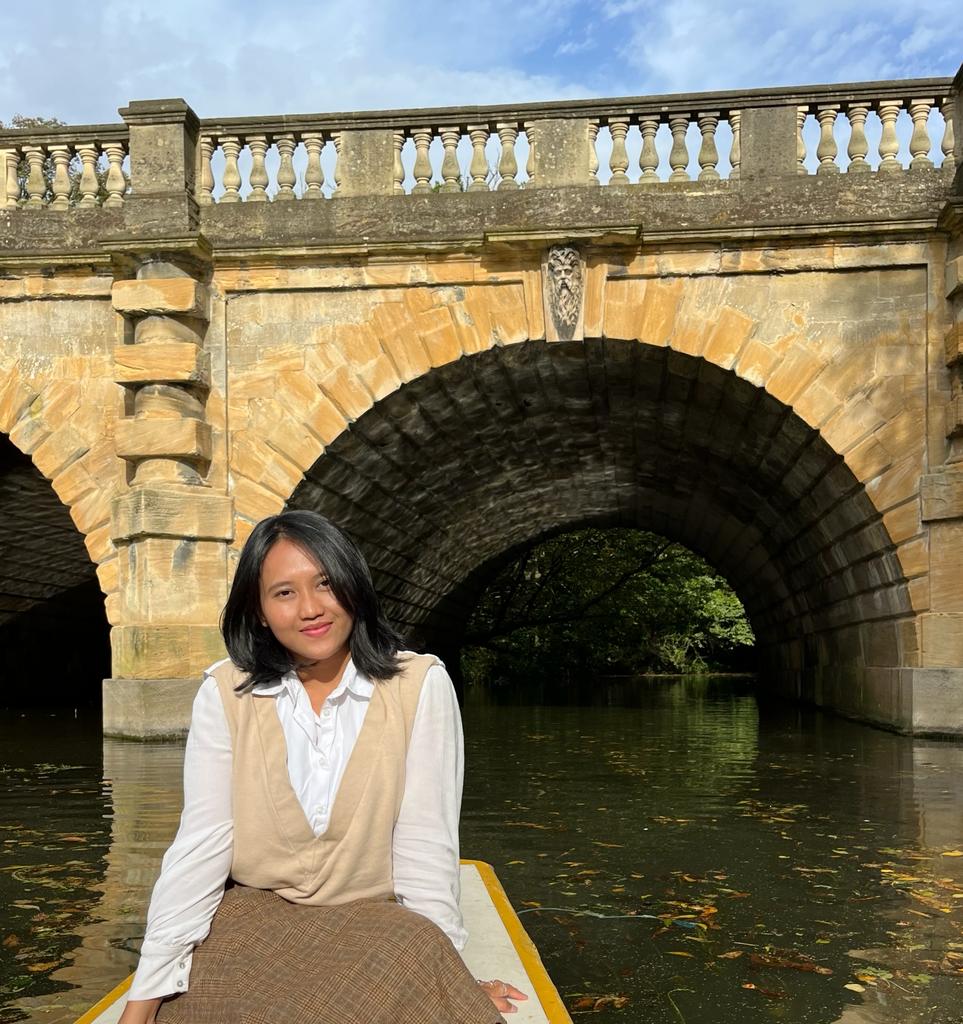
Genia Fernanda
University of the Basque Country, Spain
What is the focus of your research study?
The intricate interplay of Atlantic Meridional Overturning Circulation (AMOC), current European heatwaves and North Atlantic Oscillation (NAO) using RAPID array at 26° N.
What are you most looking forward to about this bursary?
I’m particularly excited about the prospect of being mentored by professional researchers from NOC. Moreover, the chance to establish collaborations and connections with other researchers is something I eagerly anticipate. I believe that engaging with a diverse community of scholars will significantly broaden my horizons within my focused research area. It’s not just about individual growth; it’s about contributing to and learning from a collective pursuit of knowledge.
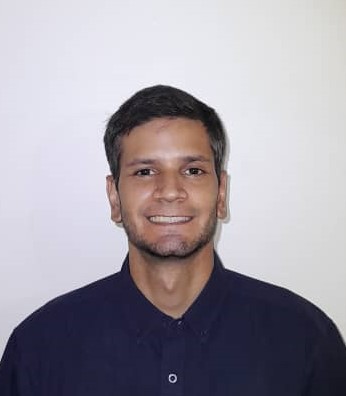
Leonardo Rodriguez
Central University of Venezuela, Venezuela
What is the focus of your research study?
Combining acoustic methods to assess geo-hazards.
What are you most looking forward to about this bursary?
To me, the ocean is a source of life and natural resources, essential not only for human’s existence but also of many other species, a way of transportation and commerce, of adventure, a place of tranquillity that can at times serve as a reminder of the power of nature, a place filled with hints that help us understand Earth’s history and evolution, and the fact that the vast majority of it remains undiscovered serves as a motivation to keep on exploring and diving into the unknown.
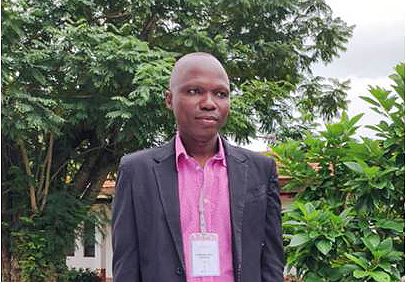
Ehoumi Paul Sossou
University of Abomey-Calavi, Benin
What is the focus of your research study?
Biochemical study of sediments and macrobenthic fauna of coastal aquatic environments in the South-East of Benin.
What are you most looking forward to about this bursary?
Through this bursary, I will have the opportunity to acquire skills in sediment sampling techniques, biogeochemical data analysis techniques and statistical processing of this data.
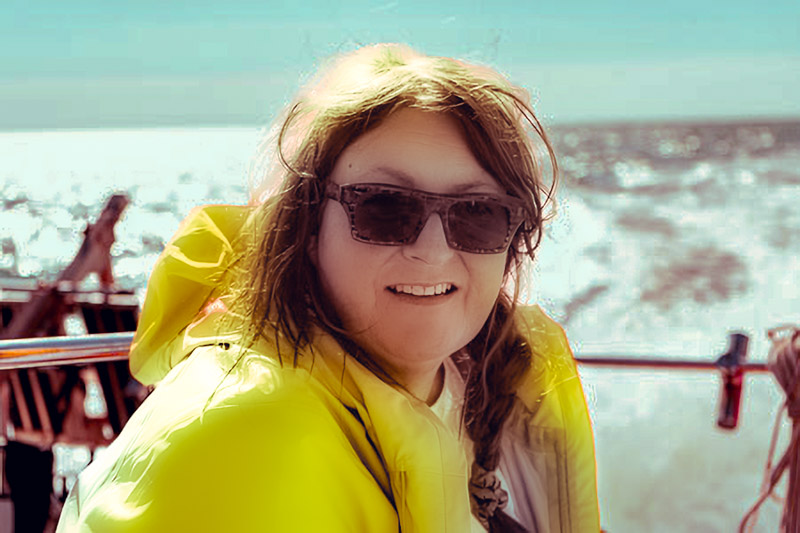
Marianne Glascott
University of Sussex, UK
What is the focus of your research study?
The impact of suspended particulate matter on kelp recovery in Sussex Bay.
What are you most looking forward to about this bursary?
The ocean is life. It is an endless source of fascination, inspiration, and wonder. It is where I feel happiest, most free and most insignificant. It represents untapped knowledge, beauty and unfettered power. The ocean is dynamic, playing an often less publicised role in regulating our planet’s climate and its biodiversity. It also serves as a living laboratory, offering insights into physical processes, biological adaptations, and chemical interactions essential for understanding the natural world. The ocean reminds me of our planet’s interconnectedness and our responsibility to respect and cherish it.
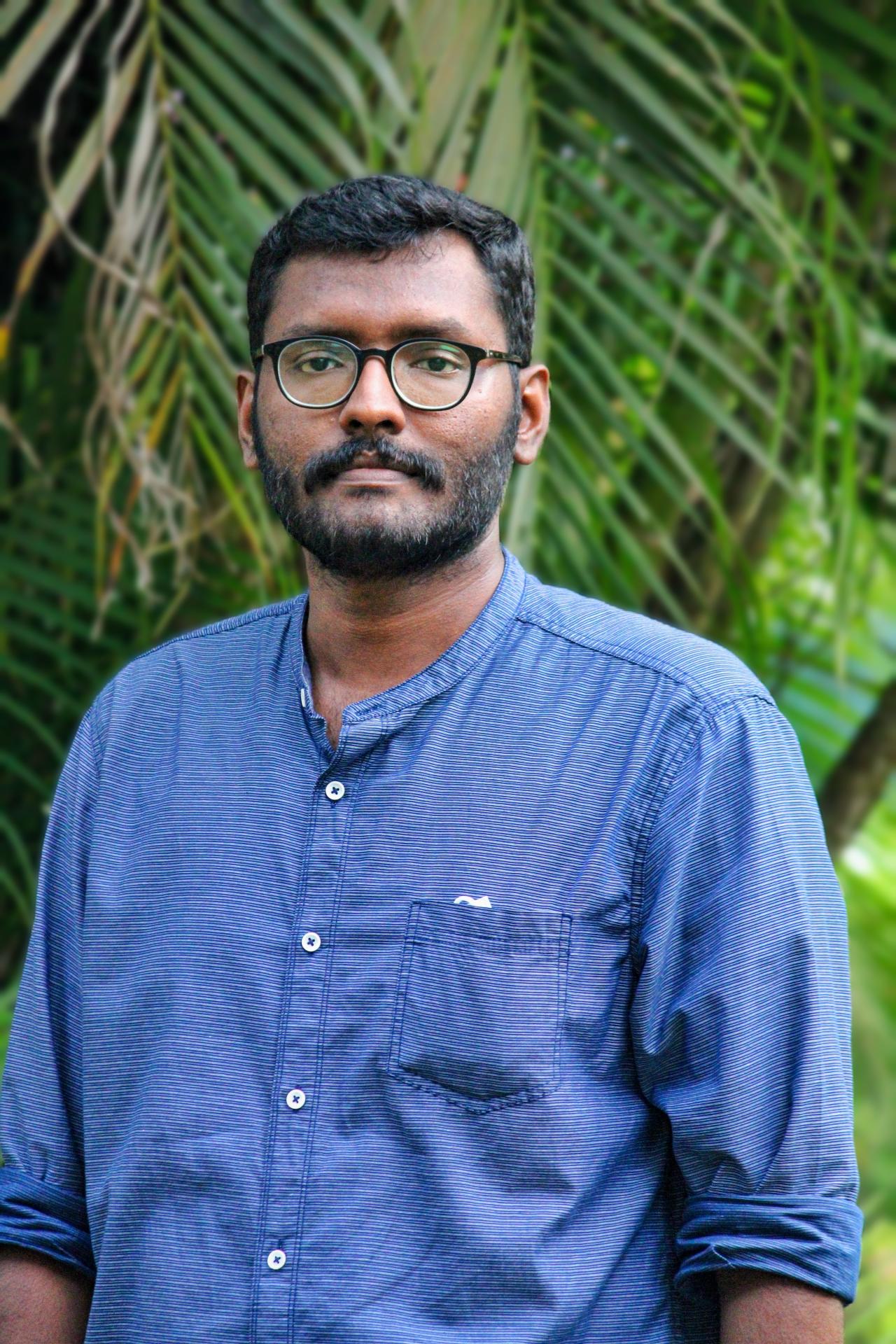
Akhil Varghese
Kerala University of Fisheries and Ocean Studies, India
What is the focus of your research study?
Understanding of the interannual mesoscale variation of the Arabian Sea with special emphasis on coastal ocean dynamics
What are you most looking forward to about this bursary?
Since I became an oceanographer working in the field of extreme events and their influence on the coastal ocean dynamics and the fishery or nutrients, my perspective on the ocean has shifted dramatically. Now I recognise the ocean as a vital ecosystem, home to millions of species and a critical player in regulating global climate. 97 percent of the world’s water is found in the ocean. Because of this, the influence of the ocean ranges from the smallest organisms such as phytoplankton to humans to the largest creatures. The ocean is solely responsible for us the people on the southwest coast of India to get a calm and pleasant climate, the seasonally reversed current system in the North Indian Ocean and the effect of the summer monsoon help the inhabitants in many ways. Along with this most of the climate variabilities originated from the ocean; its effects are causing severe casualties, loss of properties and triggering other extreme
events during this era of climate change. Even though the climate variabilities are normal the intensity increased because of anthropogenic reasons. Because of this, the ocean is one which always wants to be monitored and protected for future generations.